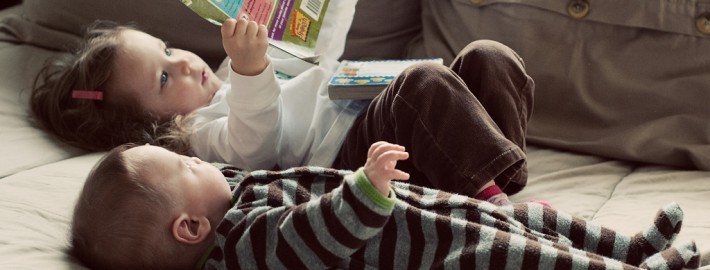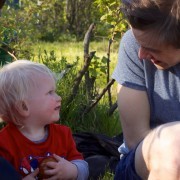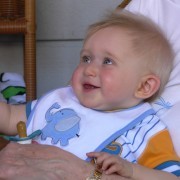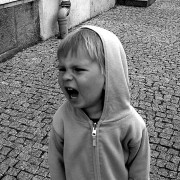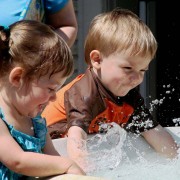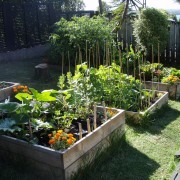Developmental Domains
In my work as a Parenting Consultant, I support families in their parenting with through understanding child development, providing activities for them to do with their children, and chatting about the issues which can occur in parenting – bedtime routines, sibling rivalry, fussy eaters etc and we look at possible solutions.
When we look at child development, there are four common areas or domains we look at to ascertain where they are developmentally. They are:
LANGUAGE: Language is communication. Babies communicate through eye contact and watching faces. They also love the sound of your voice. Once they start articulating (the first ooh’s and ahhh’s) they quickly engage in ‘talk’ with you. If you say something to them and then wait, they will respond – they are conversing with you!
They cry to tell you when they need something eg a feed, or they are tired. Parents can learn to effectively respond to this, by learning the Dunstan Baby Language.
Babies soon start babbling, before moving on to more ‘word-like’ sounds (eg ‘bo’ for bottle). Around one babies may have 4 -6 words (such as ‘bo’) they use. The more you talk with them, and label items in their world, the more their brain takes in. Around 2 y.o children are putting 2 words together such as ‘me do’ or ‘Daddy car’. By 3 y.o they are mostly speaking in ‘regular’ sentences, with reasonable clarity.
INTELLECT or COGNITIVE DEVELOPMENT
Babies start with basic perceptual abilities, which get built upon, through experiences and repeated activities. They are naturally curious, and will watch and participate to their ability- we’ve all seen babies reach out to grab objects, and when they get them, they explore them intensely with hands and their mouths.
Toddlers have learnt much through repetition – whether it’s remembering where their shoes are kept, or that when I draw on the wall, Mum gets cranky! They ‘know’ this because of the consistency of the results previously. This is why one of my mantras to parents is ‘calm and consistent’ – children will learn when it is repeated often enough and consistently.
It’s very important to assist children to use their brains to problem solve. Sometimes parents jump in too early to help (to turn the toy up the right way, to put their shoes on, or to find the missing puzzle piece), rather than let them think. It’s okay, and in fact it’s good, to let them struggle a little, to works something out – this really gets them using their brain. If they are still struggling, by all means offer: ‘Would you like Daddy to help?’
SOCIAL – EMOTIONAL DEVELOPMENT
This refers to the way in which we relate to others, and how we express our emotions and the intensity of them.
With newborns, they are looking for the primary caregiver(s) to meet their needs. When their needs are met, they develop trust , and this is the beginning of a secure attachment.
Babies and young children will look to others for interaction – whether it’s to say: ‘look at me’ or ‘play with me’. Humans are generally social creatures who enjoy interaction with others.
The way we express our emotions, is related to our temperament, or personality. Some children cry a little when they fall over, and others scream loudly; some children withdraw when they are frustrated, and others slam doors and throw things. It’s useful to know that it’s okay to treat children differently because of their personalities. One daughter of mine was very sensitive – if she did something ‘wrong’ I would just need to look at her, and she understood. Another daughter didn’t really notice my displeasure unless I was very vocal. We need to support our children from where they are at!
MOTOR SKILLS
We have both gross and fine motor skills. These develop from head to toe, and from inward to outward. By this I mean, that babies first learn to control their heads, then their upper bodies, before their leg muscles really develop. They also get learn to manoeuvre their ams and legs, before their fingers and toes.
Gross Motor are your big muscles like legs and arms, and fine motor is using your fingers to manage more complex tasks like holding a crayon, or threading beads.
Happy Parenting!
—
Image by ThomasLife via Flickr
